Key Takeaways
Rising interest rates often increase rental demand as more potential homebuyers stay in the market longer, creating opportunities or landlords to grow rental income and reduce vacancies.
Smart investing means prioritizing quality locations, exploring flexible rental options, and improving operational efficiency to maximize cash flow and minimize expenses in a high-interest environment.
Leveraging strategic rent adjustments, cost management, and professional tax advice
helps landlords protect profits and build long-term wealth despite rising borrowing costs.
Rising interest rates may slow down the broader economy, but they don’t shut down the rental market. In fact, rental properties often perform better when interest rates climb. As mortgages become more expensive, many would-be buyers stay in the rental pool longer, driving demand and giving landlords more pricing power.
Unlike other asset classes, real estate offers flexibility. Landlords can adjust rents, leverage long-term appreciation, and benefit from consistent cash flow, even in uncertain markets.
At The Maryland & Delaware Group PM, we help investors turn market shifts into strategic advantages. Keep reading to learn more about why rental properties remain a smart investment, even when interest rates rise.
Why Are Rental Properties a Good Investment When Interest Rates Rise?
When interest rates rise, the immediate reaction for many investors is to slow down or wait it out. But for rental property owners, higher rates can actually create new opportunities.
As a landlord, consider these key questions:
Will tenants stop renting because of higher interest rates?
Are potential homebuyers more likely to delay purchasing and continue renting?
Does this create increased demand for rental housing?
The answer to all three is often yes, and that demand shift is where the opportunity lies.
While higher interest rates can make financing more expensive, they also keep more people in the rental market longer. This can lead to lower vacancy rates, stronger rent growth, and more stable income for landlords.
 The key is recognizing that rental properties are a long-term investment. Market conditions will change, but over time, both property values and rental income tend to rise. Your goal isn’t to time the market perfectly, it's to build a strategy that allows you to continue growing your portfolio in a sustainable, financially sound way.
The key is recognizing that rental properties are a long-term investment. Market conditions will change, but over time, both property values and rental income tend to rise. Your goal isn’t to time the market perfectly, it's to build a strategy that allows you to continue growing your portfolio in a sustainable, financially sound way.
Smart Strategies for Rental Property Profits in a High-Interest Environment
In a high-interest market, the two most important goals for rental property investors are clear: maximize cash flow and minimize expenses. Achieving both requires focus, adaptability, and a shift in how you manage and grow your portfolio. Here are seven smart strategies to help you stay profitable when borrowing costs rise.
Prioritize Prime Locations
When times get tough, demand concentrates around the most desirable areas. Properties located near major employers, quality schools, public transit, and essential amenities remain in high demand, regardless of interest rates.
Why? Because people don’t stop pursuing better living conditions just because borrowing is more expensive. Investing in well-located properties reduces vacancy risk and supports stable, long-term returns.
Focus on quality over quantity. A single well-placed property can outperform multiple units in weak locations.
Explore Medium-Term Rentals
Medium-term rentals (30+ days) offer a flexible alternative to traditional leasing and can command higher monthly rents, especially from traveling professionals, digital nomads, and corporate clients.
While furnishing the unit adds upfront cost, this is often offset by the premium pricing and lower turnover. In high-interest environments, diversifying your rental model can strengthen cash flow and reduce vacancy exposure.
Minimize Vacancies with Operational Efficiency
Vacancies are one of the biggest drains on profitability. Often, the issue isn’t demand—it’s poor systems. Weak marketing, inconsistent tenant screening, or slow response times can all drive away renters.
Simple improvements, like professional photos, streamlined application processes, or faster maintenance response, can lead to higher tenant satisfaction and renewals.
A single renewal means months of guaranteed income with minimal added cost.
Make Strategic, ROI-Driven Upgrades
Not all upgrades are worth it. But smart, targeted improvements, those that increase rent potential, reduce maintenance costs, or expand usable space, can pay off quickly.
Think energy-efficient appliances, improved curb appeal, or low-maintenance landscaping. The best upgrades improve income without significantly increasing your expenses.
Always run the numbers first: if it doesn’t boost cash flow or property value, skip it.
Track and Reduce Operating Costs
From landscaping to insurance, small recurring costs add up fast. Don’t let them go unchecked.
Shop around before renewing service contracts.
Compare insurance rates annually.
Negotiate with vendors, many are willing to offer discounts to retain business in a slower market.
Cost awareness creates cash flow resilience. Every dollar saved improves your margin.
Adjust Rent Strategically
One of the biggest advantages of rental properties? Rents can rise with inflation—unlike fixed-income investments.
If market conditions support it, a modest, legal rent increase can offset higher expenses without hurting occupancy. Since many property costs remain fixed, even a small rent adjustment can have a significant impact on net income.
Just be sure your increase complies with local rent control laws and is communicated clearly to tenants.
Optimize Your Tax Strategy
Taxes are one of your largest ongoing expenses, but also one of the biggest opportunities to save. Working with a knowledgeable tax advisor can help you uncover deductions, depreciation strategies, or cost-segregation benefits you might be missing. With recent changes to real estate tax rules, this guidance is more valuable than ever.
A single overlooked deduction could cost thousands, professional advice pays for itself.
Bottom Line
Succeeding as a rental property investor in a high-interest-rate environment means being willing to adapt.
That might include exploring new markets, shifting your rental strategy, or finding ways to operate more efficiently. The investors who continue to grow are the ones who respond strategically, not reactively. And that’s where the right guidance matters.
At The Maryland & Delaware Group PM, we work with rental property owners to navigate market shifts, uncover new opportunities, and make data-informed decisions that protect and grow their investments.
Contact us today to learn how we can help you move forward with clarity, confidence, and a strategy built for the current market.



%20(3).png)
.jpg)
